The branding of 2019 as the Year of Return for the Ghanaian Diaspora has boosted the growth of the tourism industry in Ghana, with Diasporans coming to the country to reconnect with their African roots and their slave-trade-related cultural heritage. Tourist arrivals totalled 956,372 in 2018 and are expected to reach 1.1 million for 2019. Tourism revenues represented 3.5% of GDP in 2016 while the government expects them to account for 5.5% of GDP in 2019.
The government of President Nana Akufo-Addo, who took office in 2017, has set priorities for the tourism sector, whose potential should be developed to help diversify the economy and create jobs, especially for women and youth in rural areas.
The approach builds on Ghana’s 15-year tourism plan, signed in 2012, before this government took office, which aims to bring the number of tourists to 8 million a year by 2027. At the same time, the plan states that priority will be given to non-mass tourism, respecting the natural, cultural, historical, ecological and environmental heritage of the country.
Ghana boasts 539km of sandy beaches and 28 eco-tourist sites, such as the Kakum National Park and its canopy walkway in the rainforest. The Mole National Park, with its wildlife safaris where elephants can be seen, is one of the pillars of Ghana’s tourism industry, together with 33 forts and castles including Elmina and Cape Coast castles, which remind visitors of the slave trade that took place 400 years ago. Ghana is also host to over 70 annual festivals, such as the Chale Wote festival and Panafest, which experienced a revival in 2019 thanks to the influx of Diaspora-related tourists.
A large proportion of visitors also come to Ghana for business or to reconnect with friends and family.
World Bank data shows that tourism, with its significant revenues, especially high-end leisure and ecotourism, is already having a positive impact on jobs and community income around the Kakum and Mole parks and has demonstrated economic benefits for Ghana’s coastal areas, such as Elmina and Takoradi. International demand for nature-based adventure tourism, ecotourism, and cultural experiences is increasing at a higher rate than business, wellness, or cruise tourism both globally and in Africa, according to World Bank data. These tourists have been found to stay longer and spend more than the average tourist.
The World Bank approved a $40 million loan for Ghana’s tourism industry in 2018 as “a near absence of public sector strategic intervention and resources has collectively contributed to the sector’s low competitiveness.” The funds are to be used to train workers for the tourism sector, to upgrade touristic sites and to support and professionalise small and medium-sized companies. A National Marketing, Promotion and Branding Strategy and Action Plan is being created to provide a cohesive national brand in Ghana.
Investment opportunities
Opportunities exist across a wide range of areas:
- Tourist accommodation and road-side services:
– Multi-hotel resorts at touristic destinations including the Volta Estuary, Greater Accra, Brenu beach in the Central Region, the Cape Three Points area in the Western Region, Lake Bosumtwi in Ashanti, the Volta Lake Basin and Wli-falls in the Volta Region.
– Hotels at beach and botanical garden sites. Lodges at eco-tourism sites. Camping sites for trans-Sahara adventure tourists. Motels and highway roadside rest-stops on tourist routes. Hostels near university campuses for use by tourists and students.
THE GOVERNMENT HAS PRIORITISED THAT TOURISM SHOULD BE DEVELOPED TO HELP DIVERSIFY THE ECONOMY AND CREATE JOBS, ESPECIALLY FOR WOMEN AND YOUTH IN RURAL AREAS.
- Tourist information shops.
- Tourist transport services such as taxis licensed by the Tourist Board, air taxis, car hire and cruise boats on the Volta Lake.
- Tourist travel services: tour guide operators, tour handlers, tour operations.
- Tourism financial services, such as credit card agents, foreign exchange bureaus.
- Tourism medical services with health insurance, ambulances and flying doctor provision.
- Food and entertainment: cafés, snack bars, pubs, night-clubs, fast-food restaurants, specialty restaurants, amusement parks, casinos.
- Leisure and sports: world-class golf courses, sport fishing, marinas for yachting, sailing and surfing, sport centres and theme parks.
- Shopping: souvenir shops, shopping centres and supermarkets.
- Business hotels and meeting facilities for conferences and exhibitions.
- For the Marine Drive Tourism Project, the government seeks top brand hotels and tourist attraction developers.


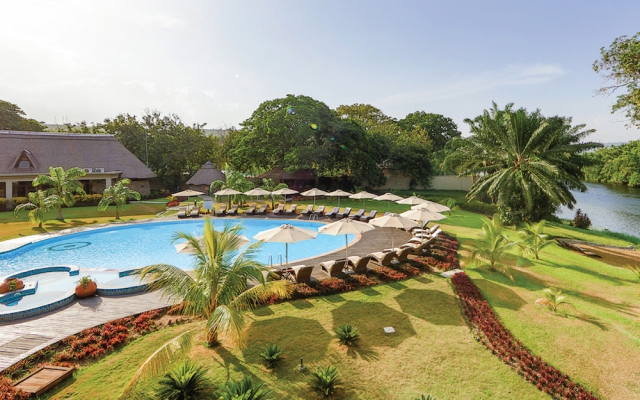
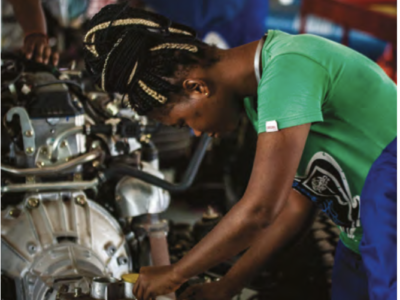
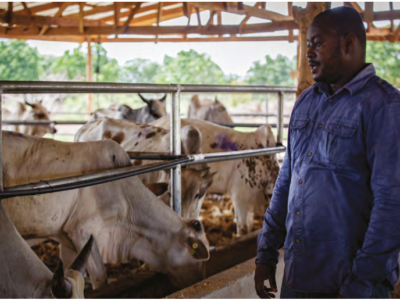
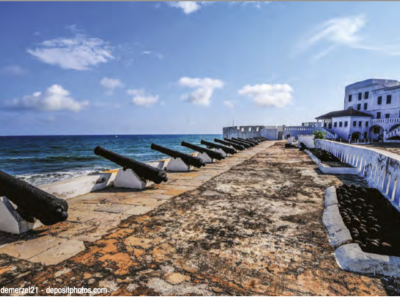


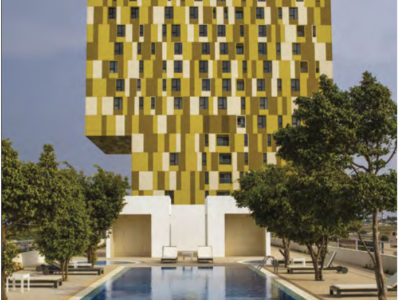

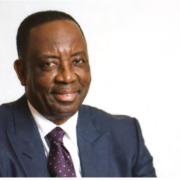
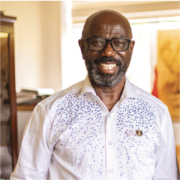
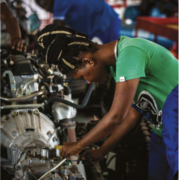
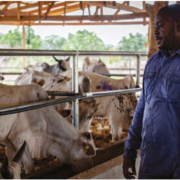
Comments